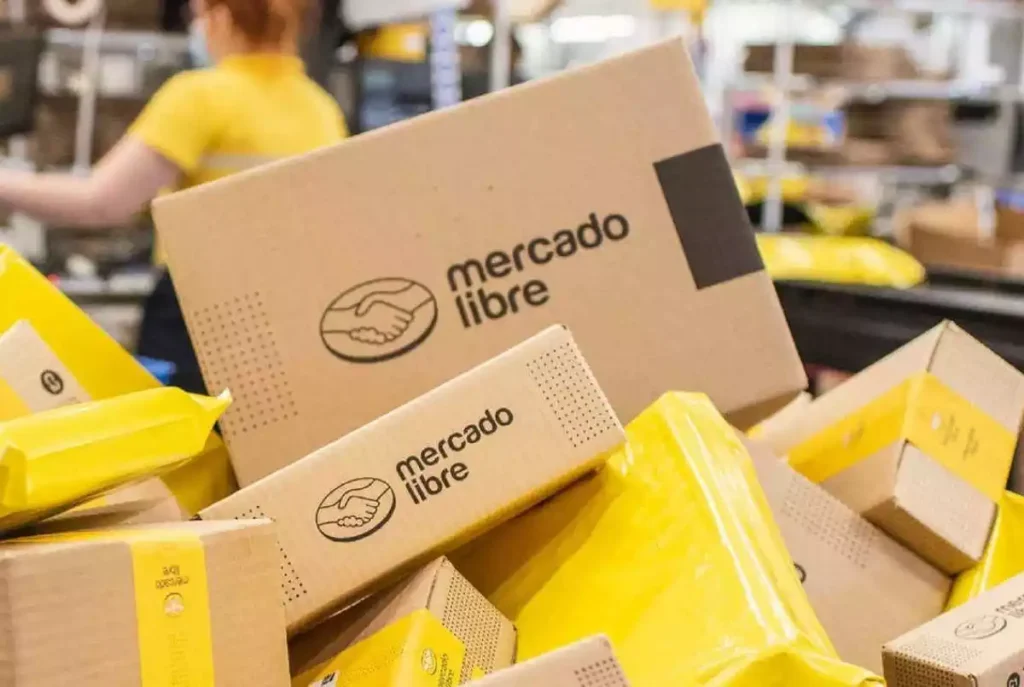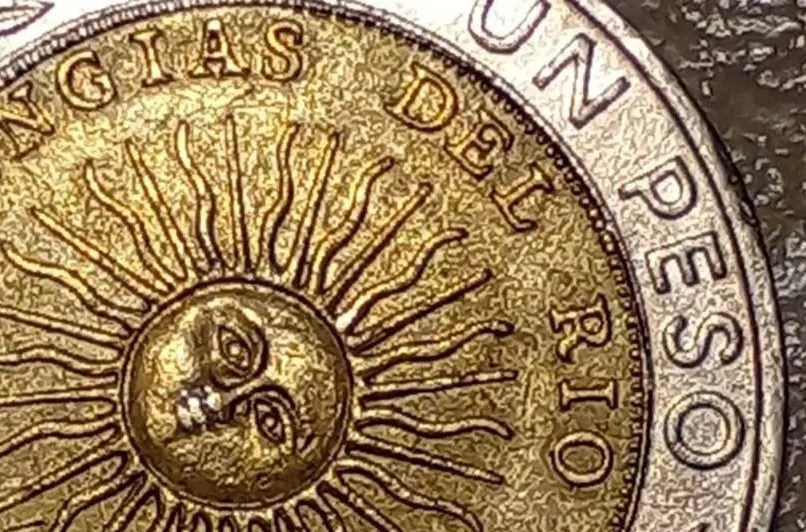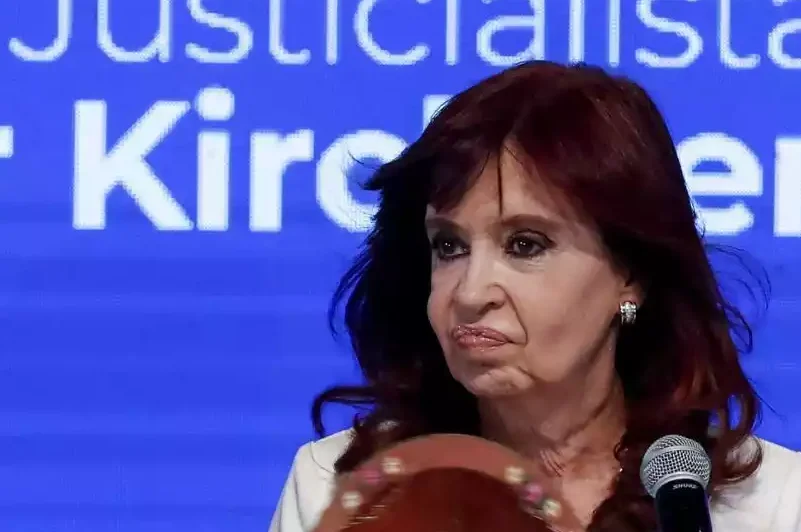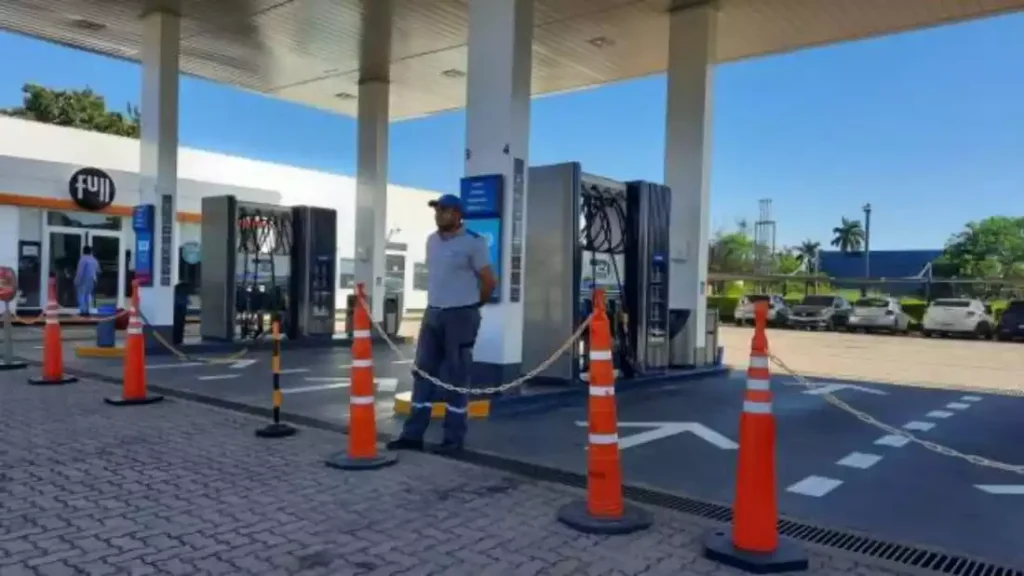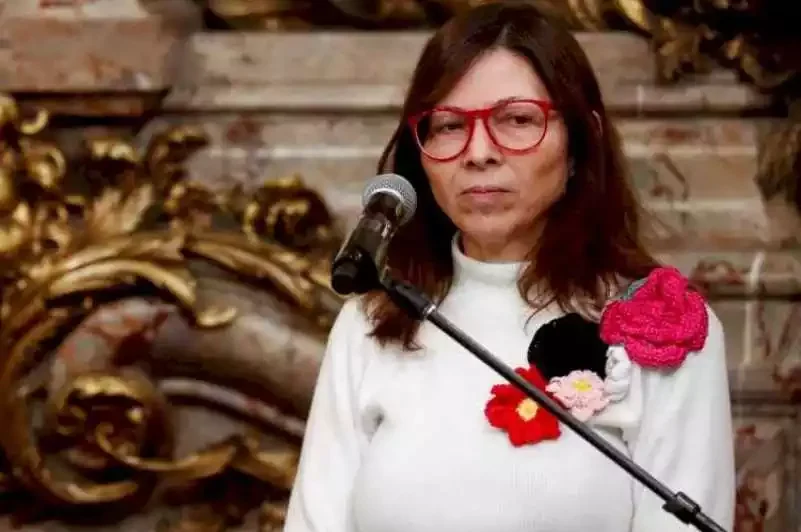Argentina made official the Educational Vouchers assistance program

The government of Argentina made official the Educational Vouchers assistance program, which will subsidize access to private education for some sectors of the population.
The implementation of the project will be in charge of the Ministry of Human Capital through its Secretariat of Education; it was announced this Thursday, March 21, 2024.
The Educational Vouchers assistance program, the benefit consists of a financial assistance system for families of students at the initial, primary and secondary levels.
The Educational Vouchers assistance program is available to those who attend privately managed institutions that receive a state subsidy that covers at least 75% of the expenses necessary for the operation of the school, and whose monthly fees do not exceed 54,396 pesos (US$ 53 at the exchange rate in the parallel market. If the school charges a higher fee to each student, its students are excluded from the benefit.
Those who benefit from the Vouchers Educativos assistance program will receive 50% of the value of the fee for a single day.
In such sense, the single shift, with a ceiling of 27,198 pesos (US$ 26) per student for the months of May, June and July. Extracurricular activities do not receive the benefit.
READ HERE: MIGRANTS OF CONTRIBUTIONS TO THE U.S. ECONOMY WILL CONTINUE TO GROW.

Argentina made official the Educational Vouchers assistance program
The Secretary of Education, Carlos Torrendell, defended this measure in an interview with CNN Radio Argentina and assured that “30% of the children attending privately managed schools are within sectors that are considered poor“.
The government did not say what the cost of this program, which starts in April and continues until July, will be.
To access the Vouchers Educativos assistance program, the family income must be less than the sum of seven times the minimum wage, currently set at 202,800 pesos (US$ 196).
In other words, the family income must be less than 1,419,600 pesos (US$ 1,378). Applicants must register on a form that will be available from April 3 to 30 on the website http://www.argentina.gob.ar.
The Secretary of Education estimates that close to 2 million students from more than 6,000 schools could receive this support, which according to the Secretary himself favors “the middle, lower middle and lower classes”.
In Argentina there are approximately 12,000 private educational institutions in Argentina, half of which are located in the province of Buenos Aires and the Federal Capital.
Seventy percent of these institutions receive state subsidies, which are used to pay between 40% and 100% of staff salaries. While these contributions go to the schools, the vouchers go directly to the families.
During the presidential campaign, the now president Javier Milei defended on several occasions the financing of education through vouchers.
However, at that time, he proposed it as a new form of financing to replace public education.
In the Official Gazette, the government confirmed that the financing of this program will come out of funds from the National Treasury, but did not include therein details of how this policy innovation affects the financing of public education.
The closest precedent in this area was the suspension in February of the Fondo Nacional de Incentivo Docente (Fonid), which supplemented the payment of salaries of the education sector in different jurisdictions, including those of the private sector.
The government has frozen the education budget, a measure that has been rejected by different sectors of the education sector, especially public universities.

